Alfalfa
Leaves
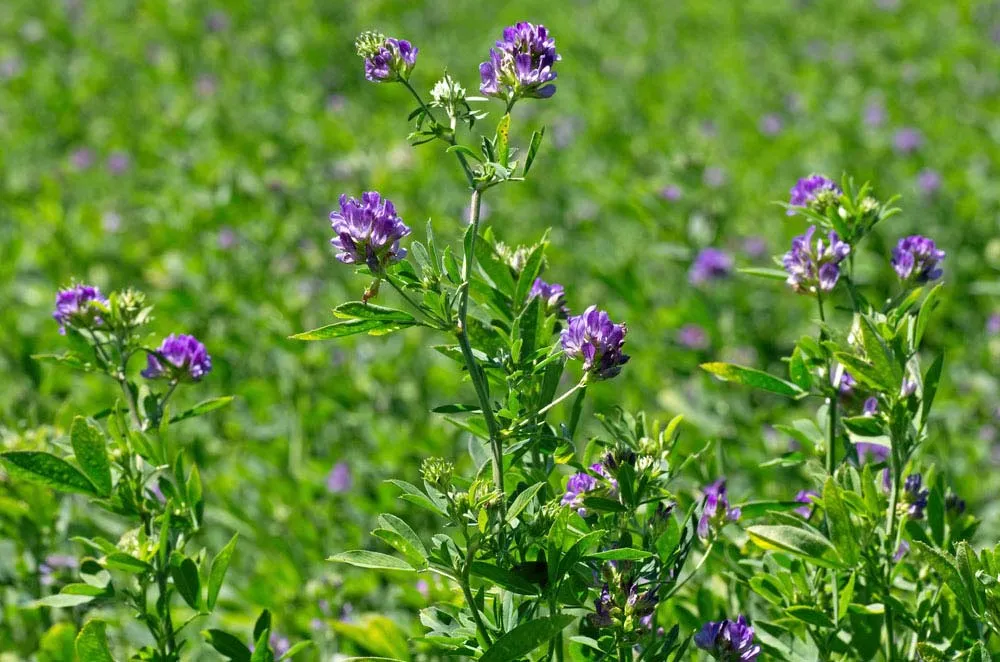
Alfalfa is a perennial flowering plant from the legume family, known for its high nutrient content. It is widely cultivated as a forage crop for livestock, but its leaves are also harvested for human consumption due to their rich nutritional profile. Alfalfa is often used in herbal medicine, teas, and as a dietary supplement.
1. Size:
- Alfalfa plants can grow to a height of about 3 feet (1 meter), with a spread of approximately 1.5 to 2 feet (0.5 to 0.6 meters). The leaves are small, trifoliate (composed of three leaflets), and delicate.
2. Color:
- The leaves of the Alfalfa plant are bright green, and the plant produces small purple or blue flowers that bloom in clusters.
3. Texture:
- Alfalfa leaves have a fine, soft texture, which makes them suitable for drying and crushing into a powder for use in teas or supplements.
4. Fragrance:
- Alfalfa leaves have a mild, grassy aroma, typical of many leafy herbs. The fragrance is subtle and fresh.
5. Uses:
Alfalfa leaves are rich in vitamins A, C, E, and K, as well as minerals like calcium, potassium, iron, and magnesium. They are often used in powdered form as a dietary supplement to enhance overall nutrition.
Alfalfa is commonly used in herbal medicine to help with conditions such as arthritis, high cholesterol, and digestive issues. It is believed to have anti-inflammatory and diuretic properties.
Alfalfa is known to promote healthy digestion due to its high fiber content. It can help alleviate symptoms of indigestion and is often used as a gentle laxative.
Alfalfa contains phytoestrogens, which are plant compounds that mimic estrogen. This makes it useful for women experiencing menopause or menstrual irregularities.
6. Habitat:
- Alfalfa is widely grown in temperate climates around the world. It thrives in well-drained soil with full sun exposure. The plant is highly adaptable and can grow in a variety of soil types, although it prefers fertile, loamy soil.
7. Cultural and Spiritual Significance:
In some cultures, Alfalfa is considered a symbol of prosperity and good fortune. It is often used in rituals and spells to attract wealth and abundance.
Alfalfa has been used for centuries in traditional medicine practices, particularly in Chinese and Ayurvedic medicine. It is believed to promote overall health and vitality.
Spiritual Properties
Healing and Protection: Alfalfa is often associated with healing and protection in spiritual practices. It is believed to ward off negativity and protect against harmful influences.
Prosperity and Abundance: Alfalfa is commonly used in rituals to attract prosperity, abundance, and good luck. It is often included in charm bags or sprinkled around the home for these purposes.
Medicinal Properties
Anti-Inflammatory: Alfalfa has natural anti-inflammatory properties, making it useful in the treatment of conditions like arthritis and joint pain.
Diuretic: The plant is also known for its diuretic effects, which can help reduce water retention and support kidney health.
Antioxidant: Alfalfa is rich in antioxidants, which help protect the body against free radicals and oxidative stress, potentially reducing the risk of chronic diseases.
Allergic Reactions
Alfalfa (Medicago sativa) is generally considered safe for consumption. However, consuming large quantities or using it over a long period may lead to some adverse effects, especially in individuals with certain health conditions, such as autoimmune diseases.
Skin Irritation: Some individuals may experience mild skin irritation or allergic reactions when handling or consuming Alfalfa, especially if they have sensitive skin or are allergic to legumes.
Respiratory Discomfort: Inhaling Alfalfa powder or dust can cause respiratory discomfort, including coughing or wheezing, particularly in individuals with asthma or other respiratory conditions.
Autoimmune Concerns: Alfalfa contains an amino acid called L-canavanine, which can exacerbate symptoms in individuals with autoimmune conditions, such as lupus. It is advisable for people with autoimmune diseases to avoid or limit their consumption of Alfalfa.
Digestive Issues: While Alfalfa is generally beneficial for digestion, consuming large amounts may cause digestive discomfort, including bloating, gas, or diarrhea, especially in those not accustomed to high-fiber foods.
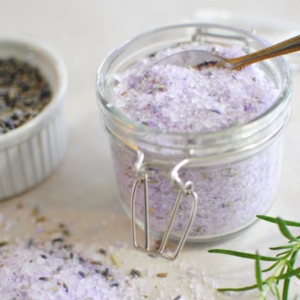
Rosemary & Lavender Healing Bath
Rosemary & Lavender Healing Bath This healing bath is designed to cleanse both the body and spirit. Rosemary and lavender combine to promote relaxation, relieve

Herbal-Infused Protection Honey
Herbal-Infused Protection Honey This herbal-infused honey is perfect for enhancing spiritual protection and promoting healing energy when used in meals or teas. It creates a
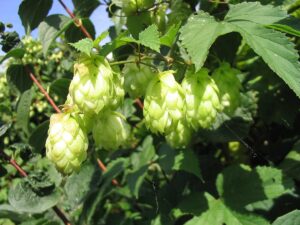
Hops Flowers
Hops Flowers Hops flowers are known for their distinctive appearance, fragrance, and various applications, particularly in brewing and herbal medicine. The cone-shaped flowers, harvested from
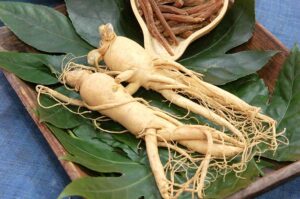
Ginseng Panax
Ginseng Panax Panax Ginseng, also known as Asian Ginseng or Korean Ginseng, is a perennial plant native to East Asia. The root is the most
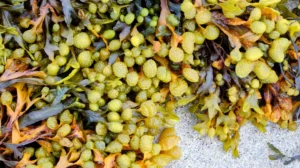
Bladderwrack
Bladderwrack Bladderwrack is a type of seaweed that has been used in traditional medicine for centuries. It is commonly found in the North Sea, the
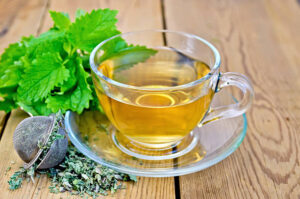
Lemon Balm & Sage Healing Tea
Lemon Balm & Sage Healing Tea An ancient blend that supports emotional healing and provides mental clarity during times of uncertainty and confusion. Ingredients: Lemon